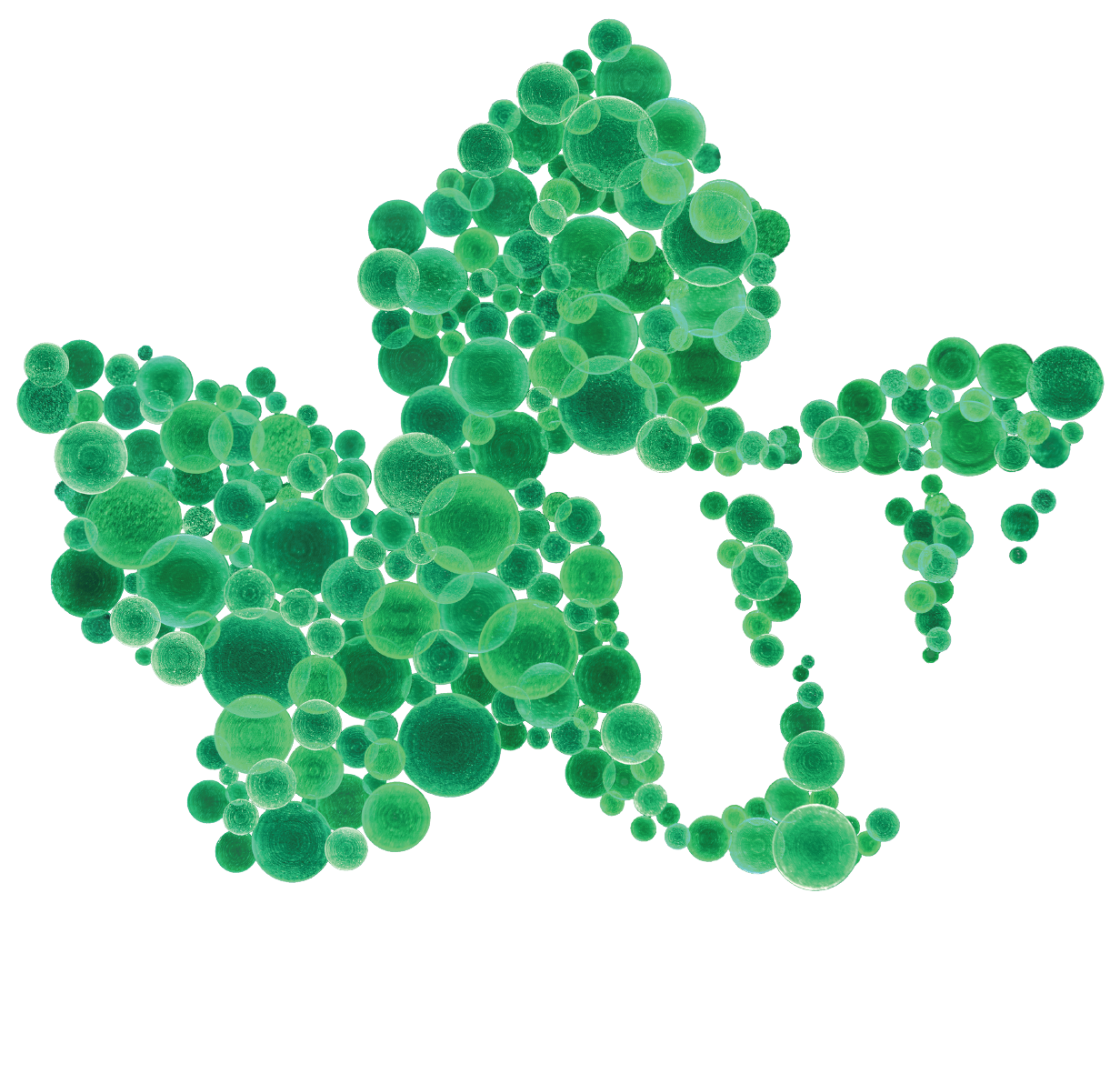Student Winners From Africa, Costa Rica, and U.S. Universities Recognized for Solutions to Complex Challenges, Benefiting the Circular Economy
2024 Wege Prize winners announced: First-place team from Africa awarded $30,000 for slashing post-harvest tomato losses with super-efficient charcoal cooling huts.
Grand Rapids, Michigan, USA June 04, 2024 — Three forward-thinking university student teams from around the globe have emerged as the top winners in 2024 Wege Prize. Recognized for their game-changing solutions to further a circular economy, each of the team’s sustainable approaches to the development and consumption of products addresses unwanted waste and consumer benefits through new, real-world designs.
Organized by Kendall College of Art and Design of Ferris State University (KCAD), Wege Prize invites five-person student teams worldwide to collaborate for sustainable solutions to today’s “wicked problems” in ways that support a circular economy. Each of the five finalist teams is sharing in the competition’s $65,000 USD in prize money for developing solutions that address waste, hunger, and the climate.
Wege Prize has identified winning teams in the interdisciplinary competition for more than a decade, with this year’s top three groups hailing from three countries and six academic institutions. The awarded teams ascended from an initial pool of 58 competing teams representing 38 countries across five continents as they advanced through a phased selection of contenders during the nine-month, multiphase competition.
Faced with the task of redefining conventional production and consumption practices, the competition’s teams are challenged to invent environmentally and economically sound protocols through multidiscipline, immersive process across diverse areas of study, cultures, and institutions. Their in-depth research, testing, and prototyping are refined through direct feedback from the competition’s panel of expert judges.
“We are excited for this year’s winners and proud of all our student teams,” says Gayle DeBruyn, a KCAD professor who leads Wege Prize. “With the teams’ innovative ideas helping advance a regenerative, circular economy by reinventing how products are developed and services are provided, and the dedication and guidance of our judges, we move closer to real-world solutions to pressing global issues.”
The winners of Wege Prize 2024 are:
3rd Place ($10,000): EcoFeed Pioneers, a team evolving animal feed to reduce reliance on imported scarce crops by devising innovative biorefinery techniques to create a sustainable food supply.
2nd Place ($20,000): Senene Farm, a group taking on Tanzania’s child malnutrition by increasing the production of the Senene insect as an alternative protein source through a rearing facility that creates a more circular production cycle.
1st Place ($30,000): FruiFresh, a team working to alleviate Rwanda’s post-harvest tomato losses with evaporative and energy-efficient charcoal cooling facilities crafted from locally available materials
for produce storage.
Two other student teams, Huuzagro and EcoCycle, each received $2,500 awards as finalists.
A slide from Senene Farm’s presentation.
“This competition gave platform, time and space to come together and think on a possible solution that can bring us to work together,” says Anthony Ilalio Mbunju, lead of second-place 2024 Wege Prize winner, Senene Farm. “At the global level we want to contribute to be part of the solution that is working to make sure that we are ensuring food security – Wege Prize forces you to define what you need, who you are going to collaborate with.”
Claudine Kamanzi, lead of FruiFresh, the first-place winner, says one of the team’s most memorable Wege Prize experiences was conducting surveys in different markets to validate their idea. “Wege Prize opened us to think far,” she says, adding after making it through the first phase, the team was encouraged to keep going. “We keep saying, ‘This is our beginning. We have to keep pushing.’”
Claudine Kamanzi presenting for team FruiFresh
Wege Prize solutions are making a real-world impact. With participants from diverse academic programs at leading universities worldwide, students bring perspectives from U.S. Ivy League schools to national science and technology universities in Africa, Central American, Europe, the Far East, and more.
The 2023 winning team Banana Leather, covered on NBC News, went on to also win the $1 million Hult Prize for their Banofi Leather eco-conscious leather alternative. Others, like 2020 Wege Prize winner Hya Bioplastics and the 2021 team The Chilensis, have advanced to prestigious business incubators that lay the groundwork to implement their prize-winning ideas. Another, the 2019 finalist Rutopia with eco-sensitive tourism concepts, has been covered by top editors at Forbes and gained further funding and support.
Wege Prize is made possible through the continuing financial support of The Wege Foundation and KCAD, opening these unique opportunities for undergraduate, graduate, and postgraduate students around the world — and helping take strides toward a greater circular economy.
Photo credit to Dianne Carol Burdick. For information, interviews and more imagery, contact C.C. Sullivan.




